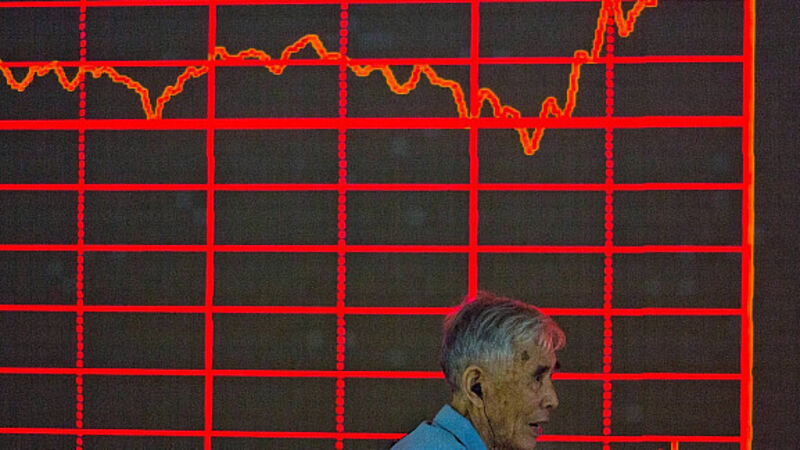Beijing fights market fires as government funds prop up share prices

The central bank injected the most cash since September into the financial system, to curb borrowing costs, and intervened in the currency market to prevent excessive volatility.
With Chinese shares and the yuan posting their worst starts to a year in two decades, the ruling Communist Party is struggling to let markets have more sway in the world’s second-largest economy.
















